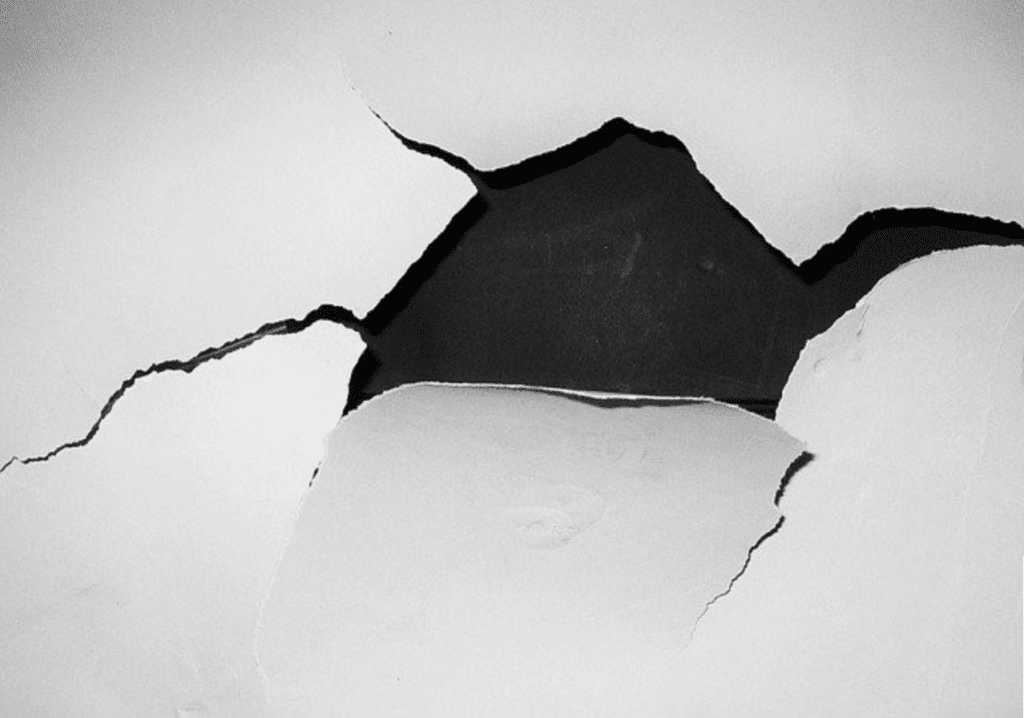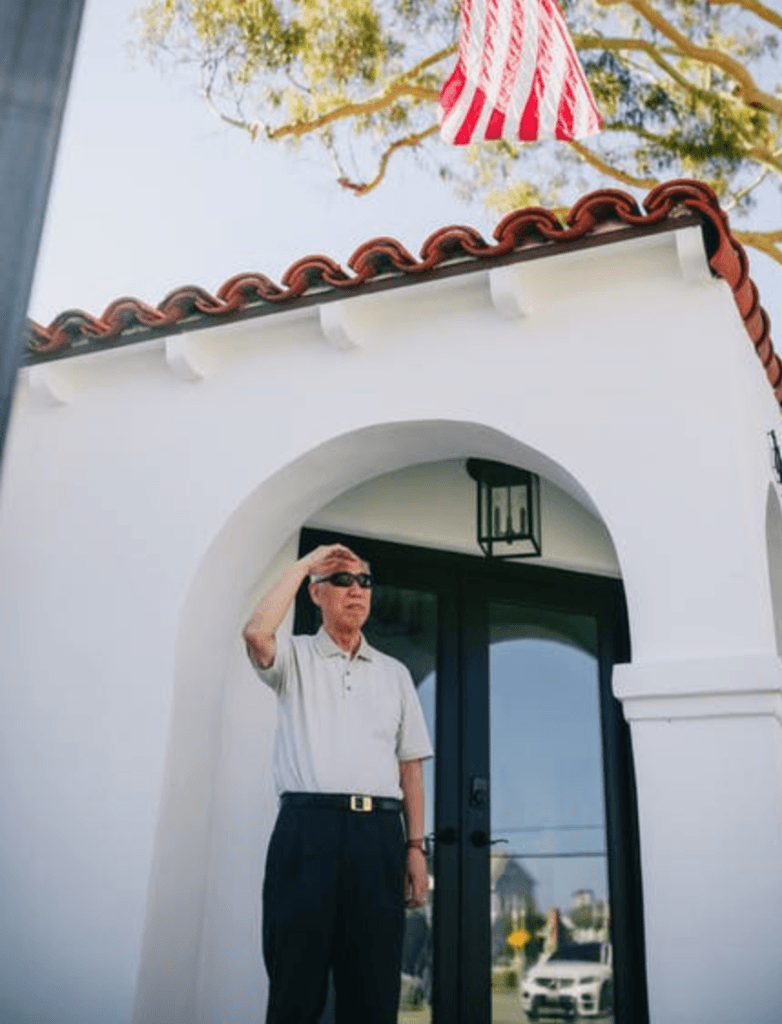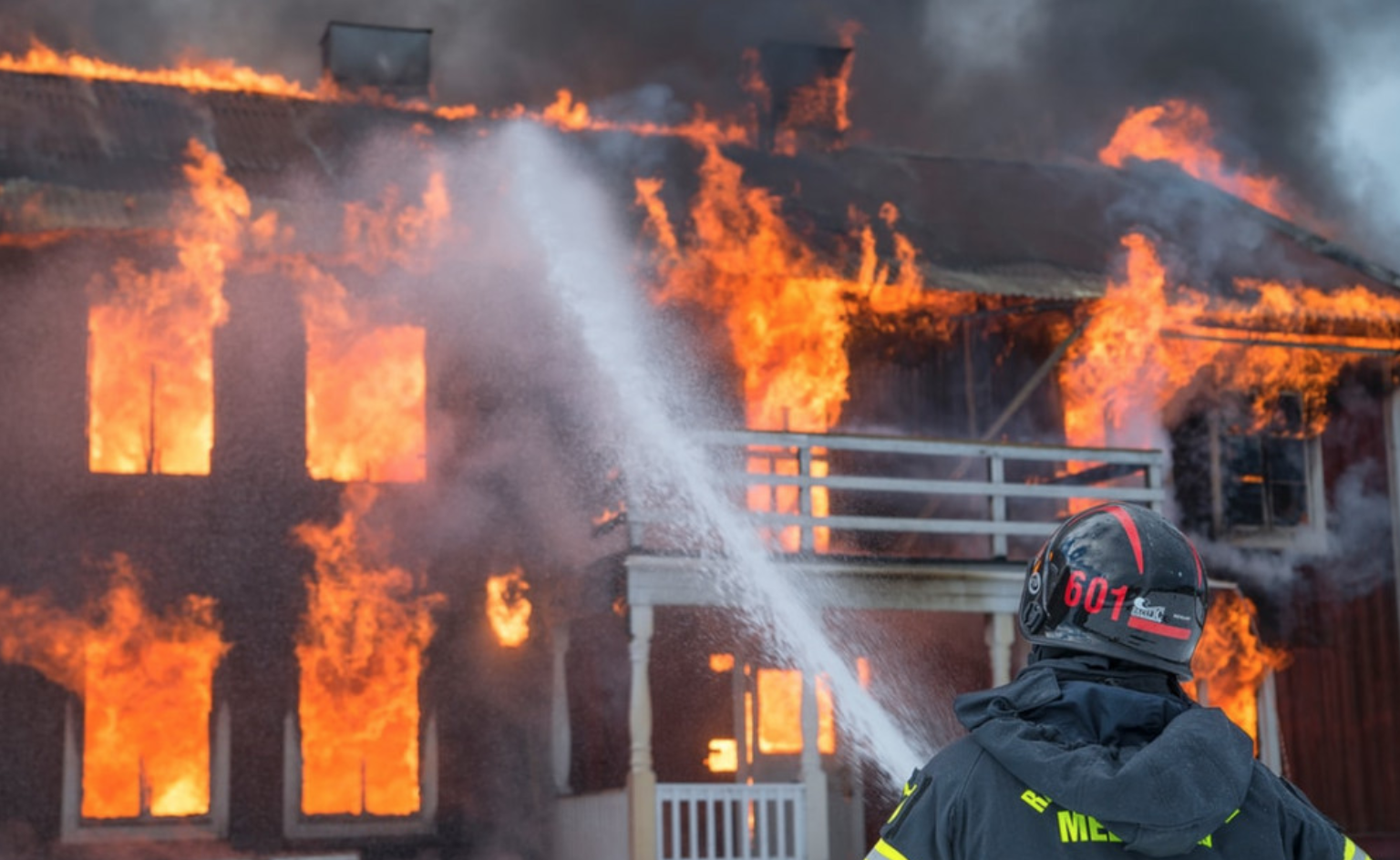Have you bought a new construction home and the builder’s warranty is about to expire? If that’s the case, you have something important to consider before time runs out. Should you get a home inspection before the builder’s warranty expires?
Warranties for newly built houses generally extend limited coverage on various components of the house. Warranties typically cover specific workmanship and materials during the first year.
We bought our house in April 2020 and received a homeowner’s information manual that shows procedures related to the builder’s warranty. In our case, we need to provide a list of adjustments or repairs to be made in our home during the 11th month of occupancy to ensure the 1-year builder’s warranty is still in place. We have until February 2020 to provide the list of adjustments or repairs in writing.
If you fail to act on time and report the required repairs to your builder, you may have to spend thousands of dollars later when problems start showing up one after the other. It makes sense to identify these future problems within the first year to get a house with the least possible flaws.
If you are a contractor or construction professional you may be able to identify components of your house that need repairs or adjustments. But if you are a typical average homeowner like me, you are better off hiring a professional home inspector to potentially identify issues that you can easily miss.
Why Should I Get a Home Inspection Done Before the Builder’s Warranty Expires?
Although newly-built homes are supposed to have fewer maintenance problems than homes that have been built for many years, new homes are not without flaws. Builders and the many subcontractors that work on new homes are not perfect, and the materials used are not always the best quality.
The city authorities may have completed their required inspections to give their approval to the project, but their reviews mostly aim to spot structural and safety concerns.
A builder typically gives a one-year warranty on new homes. Before this period expires, the homeowner can identify problems in his/her home and report the deficiencies to the builder. The builder in turn is obligated to carry out the necessary repairs and upgrades at no cost to the homeowner.
The homeowner should take advantage of this window of opportunity. By getting an independent professional home inspection completed and informing the builder of all the issues the home inspector identifies.
If the homeowner fails to inform the builder about the problems within the warranty period, he may have to get the repairs and upgrades done later at his own expense, which can be costly.
What Kind of Problems Can You Find in a Newly-Constructed Home?

Each house is different, and your house may have specific issues not listed here. But these are some examples of what can go wrong in a newly built home.
Outside the House
- Incorrect siding installations
- Decks and patios having gaps and cracks
- Cracks in driveway and sidewalk
- Drainage and grading issues
Inside the House
- Cracks in drywall
- Water issues
- Doors sticking shut
- Nail pops
- Flooring issues
- Excessive humidity inside the home or basement
- Incorrectly installed appliances
Reporting to the Builder Needs to Be Formal

Once the inspection is completed and you receive the home inspection report, it is time to inform the builder. You should follow your builder’s procedures, but you are better off communicating the findings in writing even if the builder does not require it.
You want to have evidence of when you provided the report and the list of things to repair or adjust. If you communicate it formally, you’ll have a better chance that everything is taken care of. You will also be more likely to win a court case if the builder decides not to go ahead with the repairs.
Try to keep hard copies and soft copies (e.g. emails) of all your communications with the builder.
How to Choose a Home Inspector

I learned the hard way that having your home inspected doesn’t guarantee it will uncover existing issues. Sometimes it is because inspectors can only test so much, and sometimes it is because the home inspectors are incompetent or lazy.
We hired an inspector to make sure everything was ok before we closed on our new home. The only thing he found was a minor problem in the attic stairs.
Within a couple of weeks of the inspection, we started to have issues with the HVAC system that took many days to solve. Luckily we were under warranty for the HVAC, so we didn’t have to pay for anything.
By the way, for new appliances and HVAC system issues, you should have individual warranties with the manufacturers.
Anyhow, I asked myself, what is the point of the inspection? The inspector was a recommendation of our real estate agent, and perhaps that was a mistake. Or maybe the HVAC issue was not easy to anticipate.
In any case, I think it is important to follow some steps to figure out how to choose a reliable home inspector.
Ask Your Friends
Often the best referrals come from friends and family. If you have friends who have recently purchased a home and completed an inspection, it doesn’t hurt to ask. Maybe they found the best inspector in the area –it may be your lucky day.
However, as a former auditor, I was trained to be skeptical and have learned to “trust but verify.” You know, they are your friends, but you still should look for additional feedback to double-check, such as online reviews.
Online Reviews
Check for online reviews at Yelp, Angie’s List, or Home Advisor. You are not looking for good reviews necessarily –you already got that from your friends. It is bad reviews you are searching for. You know, the ones that tell you, “he was drinking a beer and didn’t look anywhere in the house.” That may be a red flag you want to know.
Local online communities such as NextDoor may also be helpful.
But I’d use online reviews with a grain of salt. There is a lot of fake positive reviews out there. I think this is why people look for bad reviews that appear authentic, rather than focusing on good reviews that may or may not be true.
Professional Organizations
It doesn’t hurt to look at professional organizations to see if your chosen professional is a member. Again, this is not proof they are necessarily unbelievable, but it gives you additional confidence. These are three that deal with home inspectors:
- American Society of Home Inspectors (ASHI)
- International Association of Certified Home Inspectors (InterNACHI)
- National Academy of Building Inspection Engineers
Ultimately, when you search for a professional, I think the most important thing is to rule out the bad apples.
What if You Chose Not to Get an Inspection
Even if you decided not to hire an inspector to look for items to be corrected or repaired, you should still take advantage of the opportunity to get things fixed.
Set a reminder for the 11th month and send the list you completed to the builder in writing with all the items you think need to be fixed.
By the way, you should also keep a list even if you hire an inspector. Make him aware of the things you noted and believe should be fixed. He should include those items in the inspection report after he confirms the items.
What if You See Problems After the 1-Year Warranty is Over
Perhaps you didn’t set up a reminder and forgot to submit a list of repairs to the builder within the year. Even if a couple of years have gone by, if you see something majorly wrong, you should let the builder know. The worse thing that can happen is that they don’t agree to repair the issue.
This video below shows how successful you can be at getting things repaired after the 1-year warranty expires. If the builder is a true professional and you ask nicely, you may get the issue fixed.
Related Posts:




